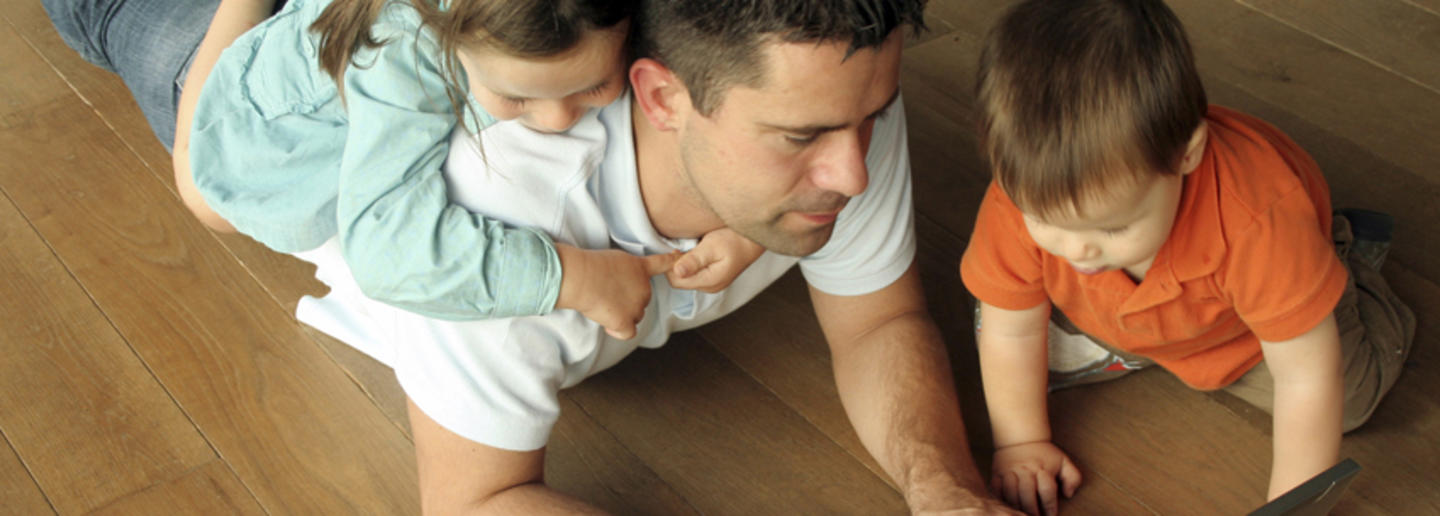Reconciling work and family life is a challenge for most European households. The EEA Grants have financed three parallel projects seeking to ensure a better work-life balance in the Czech Republic, Portugal and Spain, by linking the lessons learnt through a shared Norwegian project partner.
Birthrates in Europe are currently between 1.3 and 2.2 children per woman. The low birth rate in many European countries can be partly attributed to inadequate workplace practices in respect of, for example, parental leave, and other family-friendly support measures. Falling fertility rates translate into future economic worries with fewer productive adults to support the elderly.
Work-life balance on the European agenda
Plunging birth rates and an ageing population have placed the challenges related to work-life balance firmly on the European gender equality agenda. In Norway, the Norwegian Association of Local and Regional Authorities (KS) has benefited from the EEA Grants to coordinate three work-life balance projects with counterparts in the Czech Republic, Spain and Portugal.
In Spain, battling an average unemployment rate of 20% and a soaring 30-40% for young adults, the Norwegian-Spanish work-life balance project has been of strategic importance. Gender equality has long been on the country’s political agenda, both at the national and European level.
Mutual learning
According to Liss Schanke of KS, a key component of the projects has been the potential for mutual learning. While Norway is often held up as a model for gender equality, Schanke says the country still faces challenges when it comes to ensuring work-life balance and that much can be learned from other countries. "The Spanish and Portuguese projects partnered with the Agder region in the South of Norway – a region that faces big challenges in the area of equality and that has placed equality between women and men as a key dimension strategic element for their social and economic development," she explains.
KS’ partnership with the Institute of Women (Instituto de la Mujer) and the Spanish Federation for Municipalities and Provinces culminated in best practice’ guidelines developed for and distributed to municipalities across Spain. The project results are presented today at an EEA and Norway Grants conference in Brussels that focuses on the link between social and economic development and gender equality.
Economic case for work-life balance
Schanke welcomes the arguments put forward by those who highlight the economic rationale behind the equality debate. "The traditional debate focuses mainly on equality between men and women as a democratic right – and as a social advantage. In a way, focus on the direct and indirect economic consequences simply adds to this understanding without diminishing the more normative arguments,"she says.
According to Schanke, work-life balance may have direct positive effects on birth rates and demographic balance – as well as employment rates, tax income and private consumption. She also predicts considerable indirect impacts: "There may be many possible indirect economic effects, such as the long-term effect of kindergartens on children's education, the positive effects of work-life balance for the elderly enabling them to postpone retirement, the effect of working flexible working hours on satisfaction and productivity – or the effects of a more compact and shorter working day on the development of voluntary initiatives and social capital."
Specific programmes on gender mainstreaming and work-life balance will be set up under the EEA Grants 2009-14. Most of the bilateral agreements will be signed in 2011, making it possible to start planning future projects, finding new partners, and keeping existing ones.
Read more about the projects:
